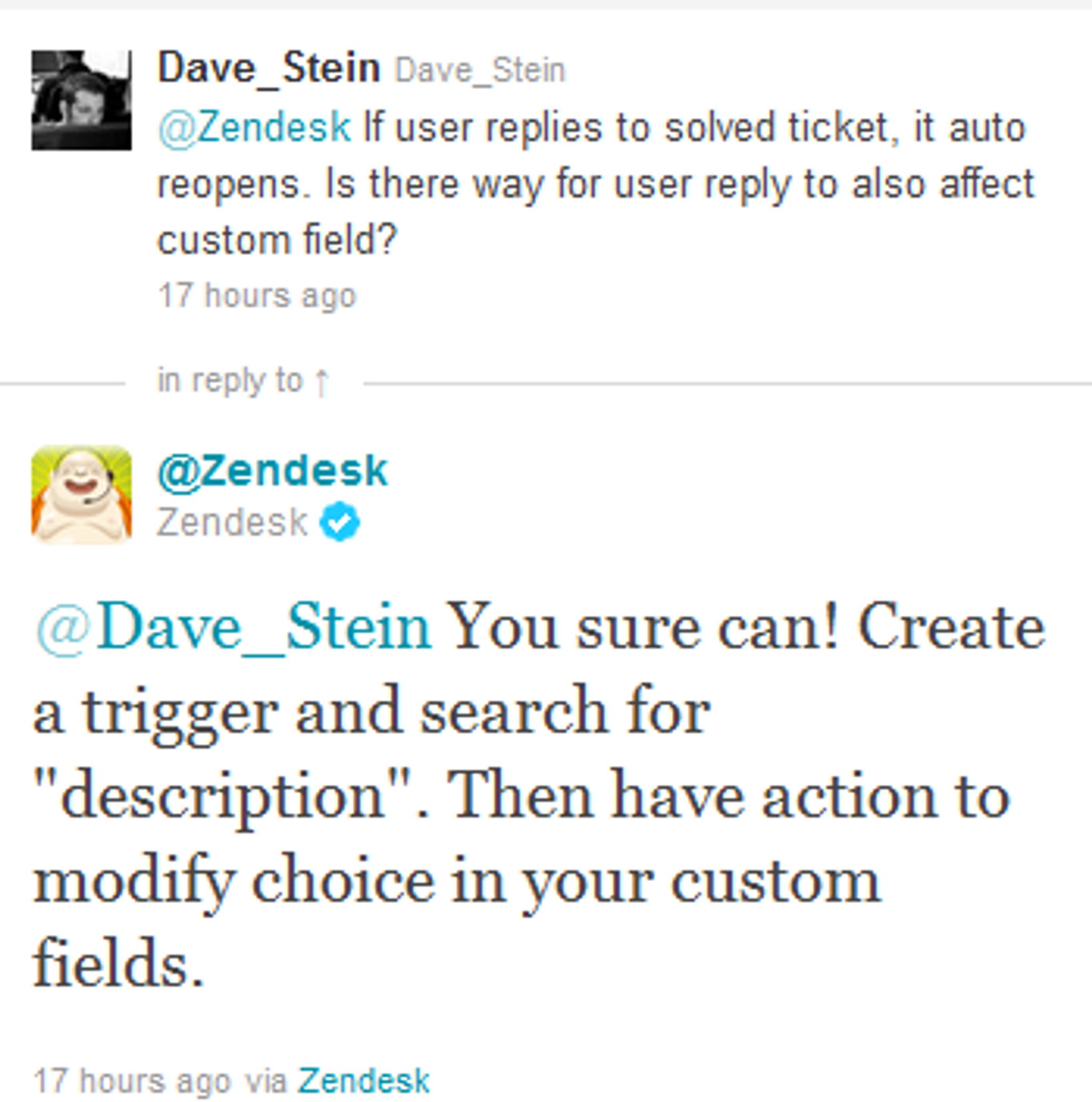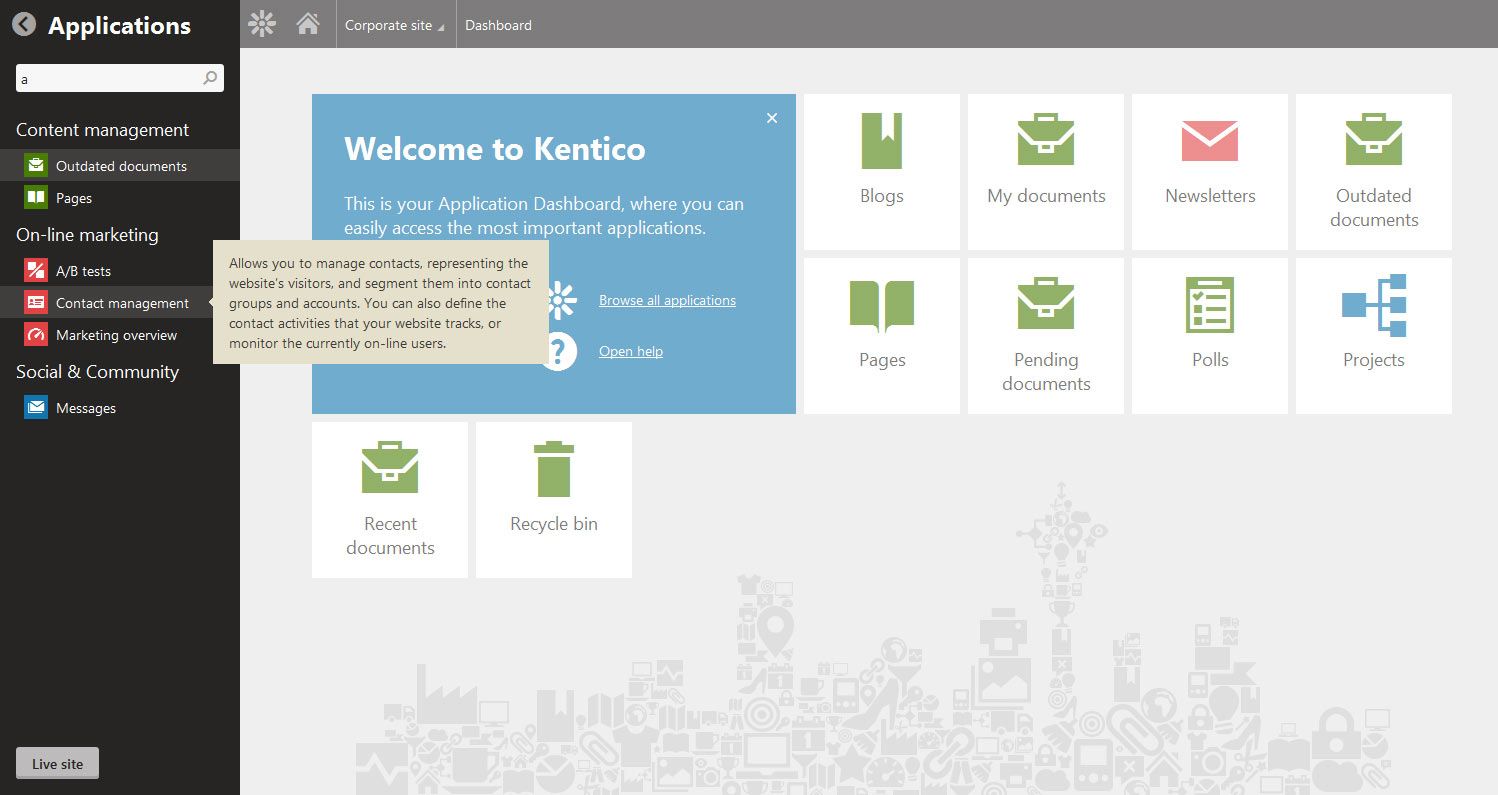The Rise of Social Networks and the Importance of Engaging your Customers

The rise of social networking has, without doubt, led to a number of significant changes on the web. Previously, to get support from a company, one would have to either register with their forums or interact with them via email. With the introduction of sites such as Twitter, Facebook and the new Google+ platform, the means by which users communicate with companies has changed.
Twitter is, without question, the best example of positive change in the way that both companies and organizations communicate with the public. In 140 characters or less, you can get quick updates on road conditions, traffic problems, news updates from around the world and even technical support.
In fact, a lot of these means of gathering knowledge quickly and easily are the exact reason why it is so successful. I can recall a number of occasions where I've been driving on the highway and have come up on a major delay where I am suddenly stuck for an extended period inching along. Without hesitating, my first move is to check the traffic reports on Twitter via @AMARoadReports where I am informed of the nature of the delay and how long I can expect to wait. This is, to me, invaluable information that I wouldn't normally have access to without an excessive amount of searching.
Had the organizations that provide this service not taken to Twitter as they have, this information would be much more difficult to access and as a result, I am also less likely to find value in the services they offer. As a customer, knowing that they openly provide me with this service (without the need for being a customer in the first place) makes me more inclined to do business with them by other means (ie: emergency services, etc).
A number of companies have also taken to Twitter as a means of providing technical support to their customers, whether intentionally or otherwise. For example, Zendesk is a provider of one of the largest web based support products out there. If you check out their Twitter account, you'll see that they often get questions from users who are either experiencing issues or have inquiries.
Here's an excerpt from their Twitter account (@zendesk) as an example:

Firing off a quick response is a great way to show your customers that you are listening and helps build confidence in the product and Zendesk does this very well.
(Quick tip: If you are looking to buy software or a service from a company and they have a Twitter account, check out their profile and see how well they interact with their user base. This is often a great way of determining how a company handles their customers and in turn, how you can expect to be handled should you become one!)
Does this type of interaction occur with other sites such as Facebook? Yes, but to a lesser degree. The main issue being that on Facebook, it's more difficult to filter through all of the interactions to get to the replies whereas Twitter feels more like it's been (deliberately or not) designed for this type of interaction.
Facebook's strength is in the way that users are able to show they are fans of a product. This is a great way to show potential customers how popular your product or brand is. There is certainly interaction on Facebook between customers and the organizations they are fans of but it's less personal. There is definite value to having a Facebook page, but there are also plenty of issues with the way they have been implemented.
As an example: Let's say Joe sets up a fan page for the company he works for and a few weeks later, Joe is dismissed or goes to work for another company. Good luck changing the ownership of that page to someone else if Joe is disgruntled. Do a simple Google search for “facebook fan page transfer ownership” and you will see how many people have encountered this issue. This particular problem has been an issue since they were implemented and there still has not been a solution for it. Most of the time, Facebook fan pages tend to be treated more like feed subscriptions whereby you can get the latest updates without cracking a news reader such as Google Reader.
With the recent introduction of Google+ (in beta and invite only at the moment), I am starting to notice that it offers somewhat of a best of both worlds scenario. Google+ offers a clean and uncluttered interface and very good interaction. It is, in my opinion, a cleaner and more professional approach to communicating than Facebook. Will it replace or challenge Twitter in the future? No, I don't think so but I also don't think that's it's intention either. I see it as more of a LinkedIn meets Facebook without the clutter social network and I think it will likely be quite successful.
Where Google+ is likely to do best is with the Circles method of sharing. Right now, Google+ only allows personal accounts but should they introduce the same for businesses, I can see huge value in the way that it allows you to communicate with specific circles of people. We'll have to see whether Google allows businesses to form a presence in the future. If they are smart, they will as this will drive up their usage and adoption significantly.
What all of this leads us to is the importance of utilizing all of the available tools out there to interact with your customers. No longer can an organization expect to simply put up a website and consider that sufficient. Social networks have become a very valuable addition to the repertoire and they need to be considered carefully during the CMS selection process. Does the system you are considering have solid social network integration? If not, it's probably not the best tool for this day and age.